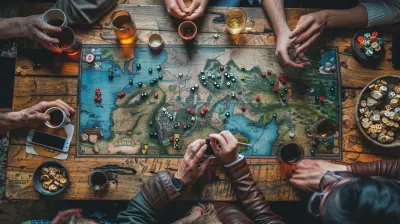How Video Games Reflect Shifting Global Cultural Values
12 August 2025
Video games have evolved far beyond pixelated blips on a screen. These days, they’re massive cultural touchstones, shaping and reflecting the values of the societies that create and play them. If you think about it, video games are like time capsules. They capture not only the technology of their eras but also the heart of global cultural values. From the moral dilemmas in RPGs to the diverse representation in character design, games are mirroring shifts in how we view the world. So, let’s hit the start button and dive into how video games serve as a canvas for our ever-changing cultural ideals.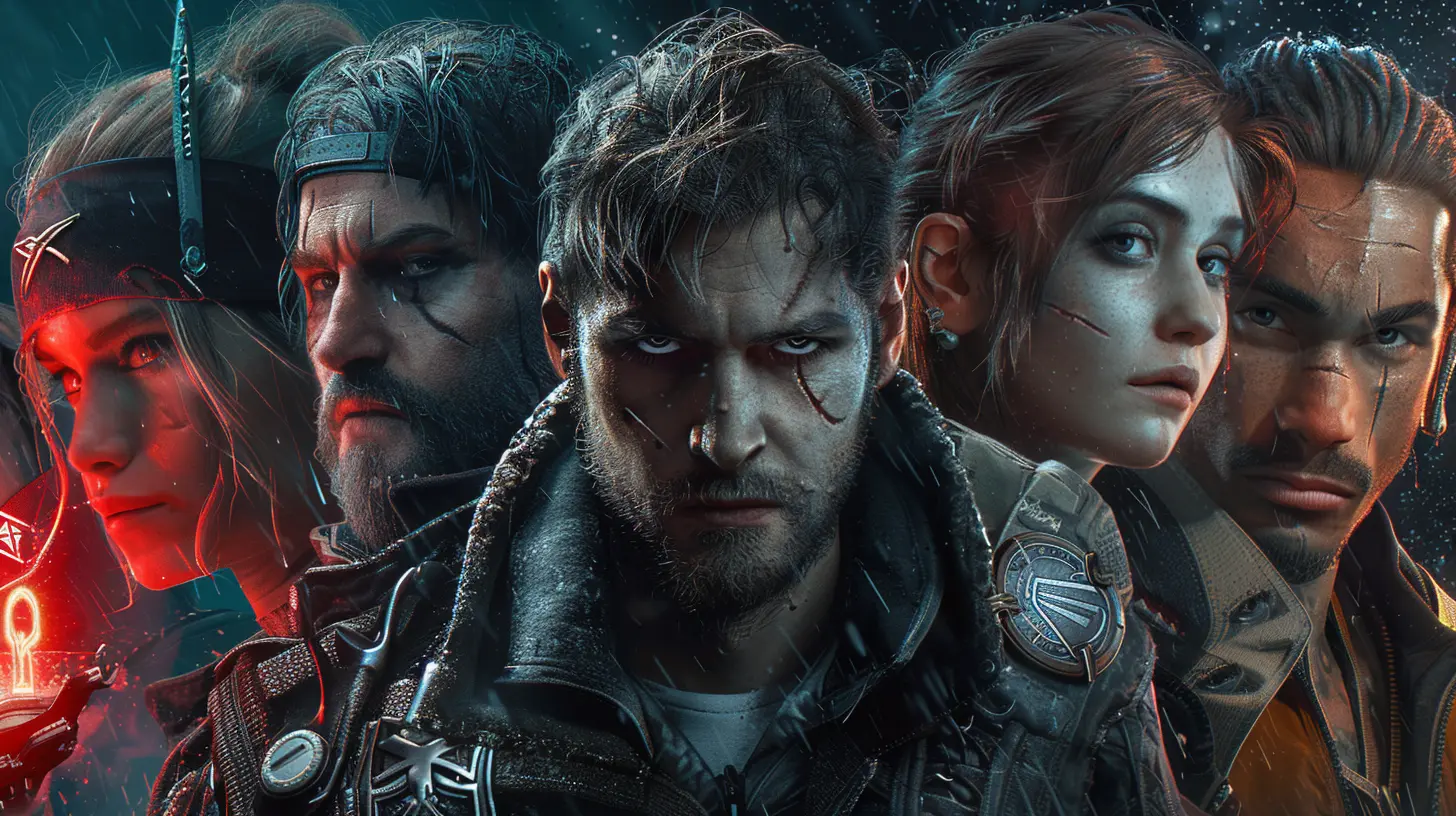
The Evolution of Storytelling in Video Games
Games weren’t always about stories. Back in the day, they were more about dodging barrels or blasting aliens (shoutout to _Donkey Kong_ and _Space Invaders_). Not a lot of deep narratives there, right? But as games became more complex, so did their stories. Nowadays, video games are exploring themes of morality, identity, and even societal issues.Take a game like _The Last of Us Part II_. It’s not just about fighting off zombies; it’s a story about loss, revenge, and redemption. That’s heavy stuff! It’s a reflection of how modern audiences crave deeper, emotionally engaging experiences. In a way, it’s no different from how books or movies tackle these subjects. The only difference? You’re not just watching it unfold—you’re living it.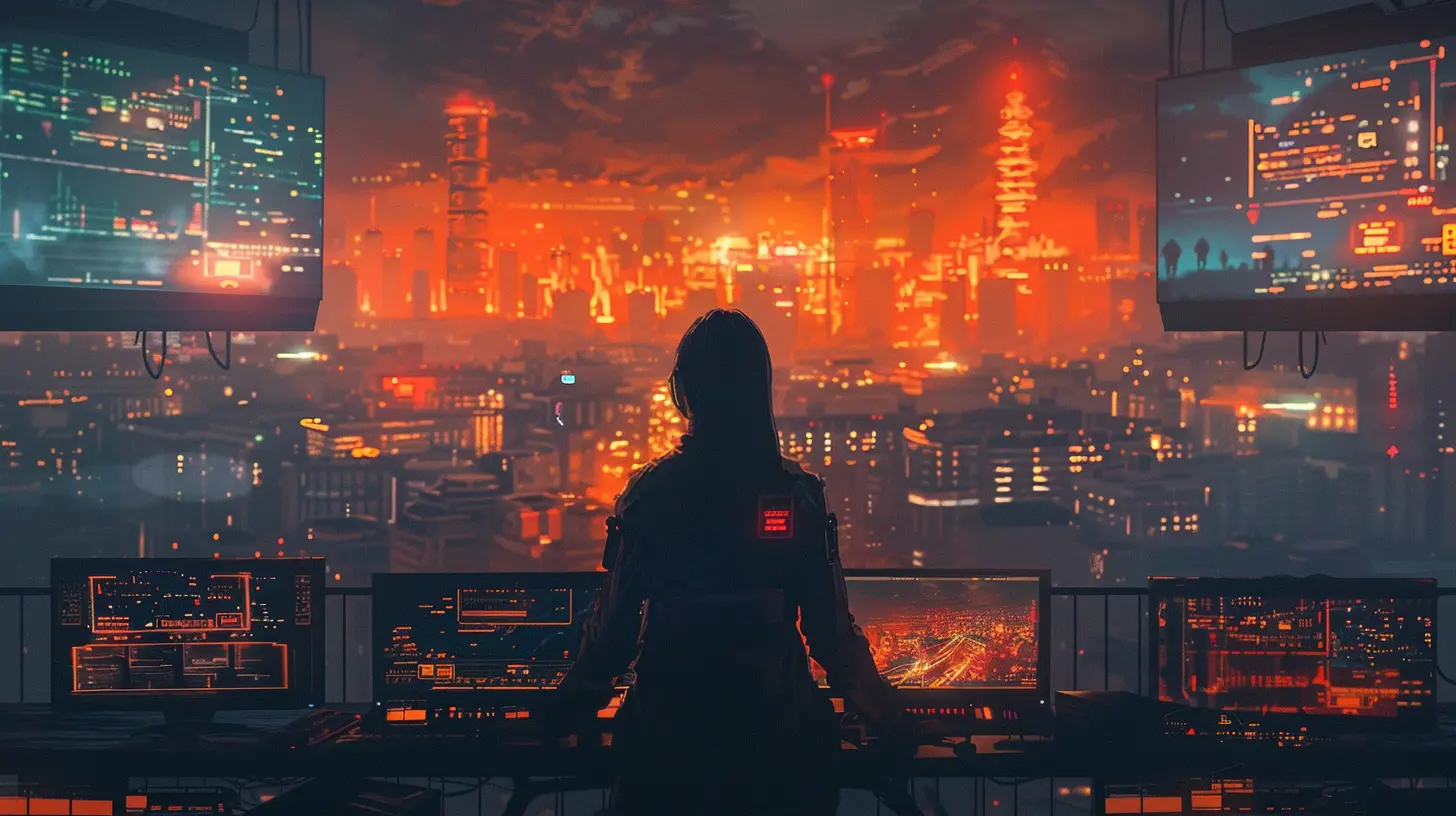
Representation Matters: Diversity in Gaming
Video games have come a long way in terms of representation. Remember when every video game protagonist was just another carbon copy of some rugged, white male? Yeah, the industry’s finally starting to move past that, and it’s a big deal. Diverse characters are becoming the norm, not the exception, and this change is a reflection of shifting global values.Look at games like _Black Panther: Wakanda Forever_ or _Spider-Man: Miles Morales_. These games feature characters from different ethnic backgrounds, showing that everyone deserves their moment in the spotlight. Or take _Life is Strange_, a game that dives headfirst into LGBTQ+ themes. Developers are no longer tiptoeing around complex identities—they’re celebrating them.
This shift isn’t just about ticking boxes or meeting diversity quotas. It’s about creating games where players see themselves represented. And let’s be honest—when was the last time you didn’t root for a character that felt like you?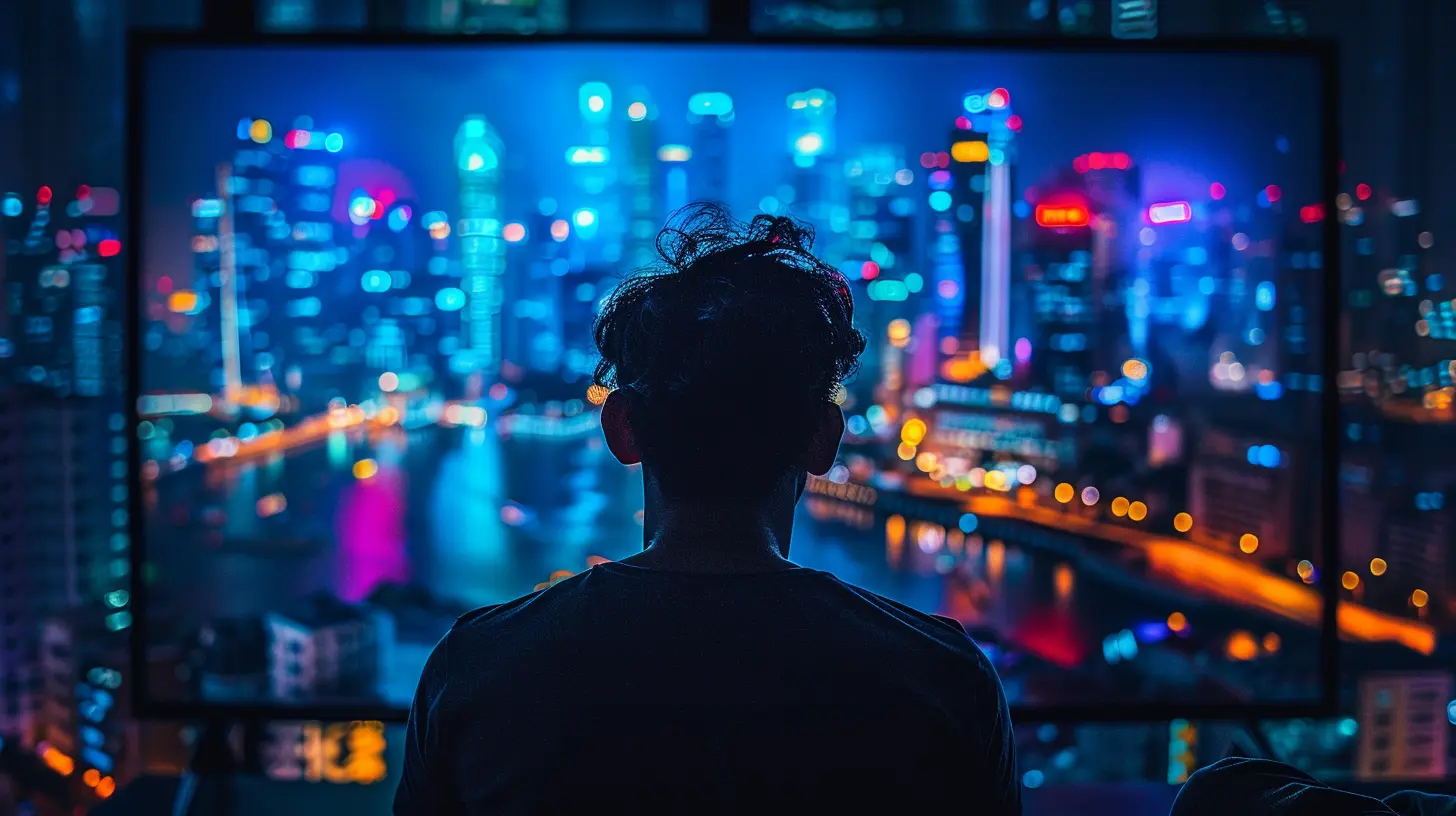
Environmental Themes and Global Awareness
As the world grapples with climate change, video games are stepping up to do their part. Games like _Horizon Zero Dawn_ and _Subnautica_ weave environmental themes into their narratives. They don’t just entertain players—they make them think about their relationship with the planet.In _Horizon Zero Dawn_, you’re thrown into a world where humanity has nearly wiped itself out due to environmental neglect. Sound familiar? Yeah, it’s a bit too close to home. These games act as subtle (or not-so-subtle) reminders of what’s at stake.
Even indie games are getting in on the action. Titles like _Beyond Blue_ and _Abzû_ focus on the beauty of the natural world and encourage players to care about preserving it. It’s a refreshing break from endless shoot-’em-up games, right? 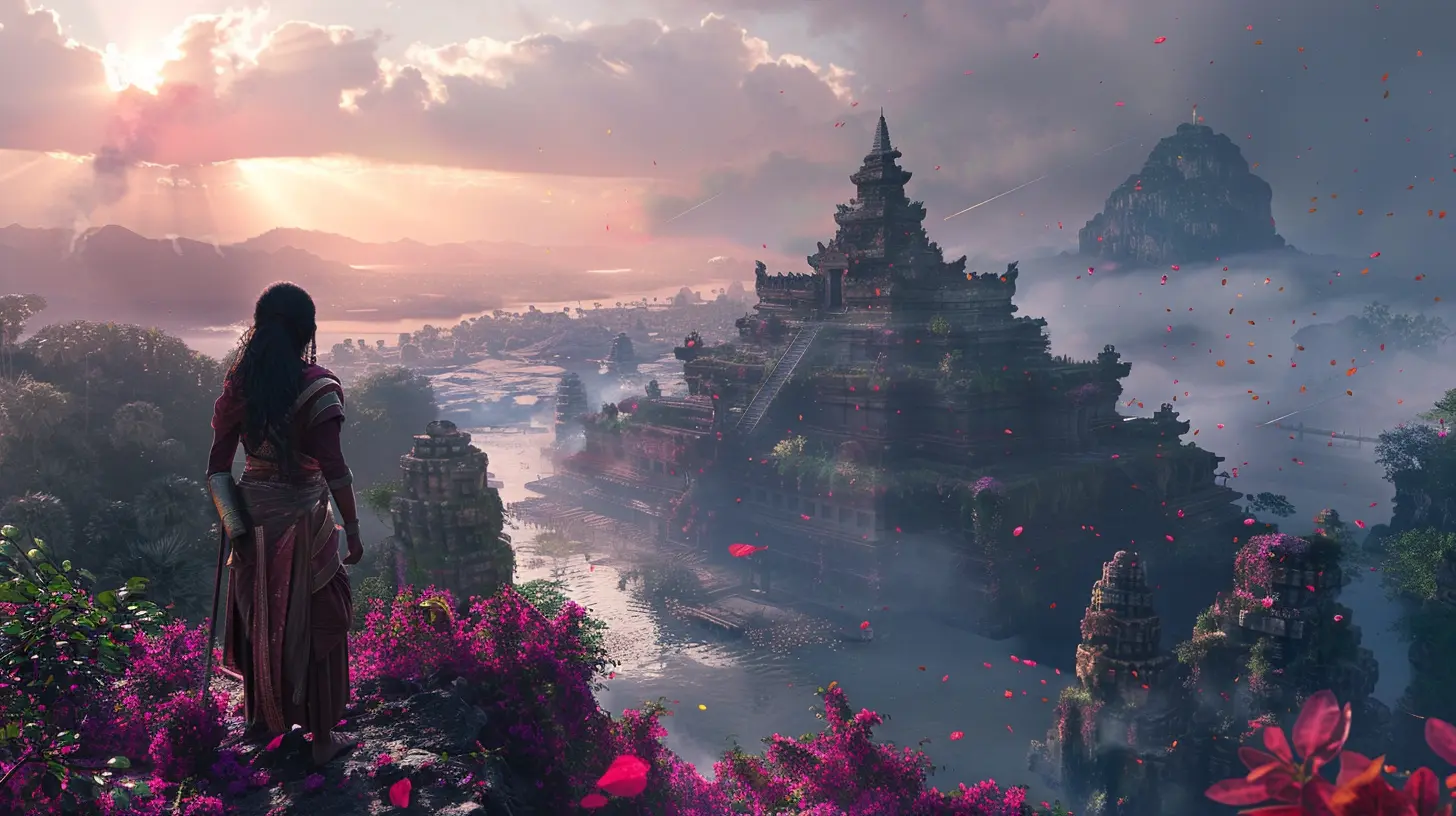
Cultural Values in Gaming Mechanics
It’s not just the stories or characters that reflect shifting values—the game mechanics themselves tell a story. Think about how many games now feature choices that actually matter. In older games, you’d grind through a set storyline with zero input on how things played out. But now? Your decisions shape the narrative.Take _Mass Effect_, for example. The dialogue choices in that game? They’re not just fluff—they’re loaded with moral complexity. Do you prioritize saving one group of people over another? Do you seek peace or choose war? These choices aren’t just about "good" or "evil." They’re a reflection of how values like empathy and diplomacy take center stage in modern storytelling.
Games like _Undertale_ even take it a step further, letting you play the entire game without ever hurting anyone. Can you imagine that? A game where the ultimate power move is kindness. If that doesn’t say something about changing cultural values, I don’t know what does.
Global Influences: Games as Cultural Exports
Video games are also a way for cultures to share their stories with the world. Japanese RPGs like _Final Fantasy_ or _Persona_ often delve into themes of honor, destiny, and community—values deeply rooted in Japanese culture. Meanwhile, Scandinavian developers have produced games steeped in Norse mythology, like _God of War (2018)_, bringing a global audience closer to their cultural narratives.The beauty of video games is that they transcend borders. Someone in the U.S. can connect with the folklore of India through a game like _Raji: An Ancient Epic_. Or a player in Brazil can explore the chilly mysteries of a Scandinavian-inspired game. It’s like traveling without leaving your couch, and in today’s interconnected world, that’s pretty special.
Tackling Tough Topics
Let’s not forget how video games are fearlessly tackling controversial issues. Games like _Detroit: Become Human_ explore themes of artificial intelligence and human rights. Meanwhile, _Papers, Please_ puts you in the shoes of an immigration officer, forcing you to grapple with moral dilemmas around borders and humanity.These aren’t just "games" in the traditional sense—they’re social commentaries. They ask players to think critically about real-world problems. And the best part? They do it in a way that feels personal, because you are the one making the choices.
How Online Communities Shape Cultural Norms
Let’s talk multiplayer games. It’s no secret that online gaming has created massive communities. Whether it’s through MMOs like _World of Warcraft_ or competitive games like _Valorant_, players from all over the globe are connecting. These communities are melting pots of culture, where players exchange not just strategies but also ideas and values.Sure, online gaming has its fair share of toxic behavior (looking at you, rage-quitters), but it’s also a place where people learn about other cultures. Ever joined a game with someone halfway across the globe and ended up learning a new word in their language? It’s moments like that which remind us how interconnected we’ve become.
The Future: Where Do We Go From Here?
As cultural values continue to evolve, so will video games. The rise of virtual reality (VR) and the metaverse hints at even more immersive storytelling. Imagine stepping into a game world that feels real, experiencing different cultures, and tackling global issues firsthand.AI technology is also making waves, allowing developers to craft worlds with unprecedented depth. But with great power comes great responsibility (yes, I went there). Game creators will have to ensure they use these tools thoughtfully, keeping cultural representation and ethical storytelling at the forefront.
Wrapping Up
At the end of the day, video games are more than just a way to have fun—they’re a mirror reflecting the world’s changing values. From diverse characters to complex moral choices, games are helping shape how we see ourselves and others. They’re proving that storytelling devices don’t have to exist only in books or movies.So, next time you boot up your console or PC, pay attention. What does that game say about the world we live in? Chances are, it’s saying a lot more than, "Press X to jump.
all images in this post were generated using AI tools
Category:
Gaming CultureAuthor:

Emery Larsen
Discussion
rate this article
2 comments
Flint Bishop
Great article! It's fascinating to see how video games serve as a mirror to our evolving cultural values. They not only entertain but also provoke thought about society’s changes. Keep up the good work!
December 23, 2025 at 3:58 PM

Emery Larsen
Thank you so much for your kind words! I'm glad you found the article thought-provoking.
Lumen McDonough
This article offers insightful analysis on how video games mirror evolving cultural values worldwide. The connection between gameplay and societal shifts highlights the medium's power to influence perspectives and promote understanding across diverse cultures. A must-read!
August 26, 2025 at 2:59 AM

Emery Larsen
Thank you! I'm glad you found the analysis insightful and appreciated the connection between video games and cultural values. Your feedback means a lot!
